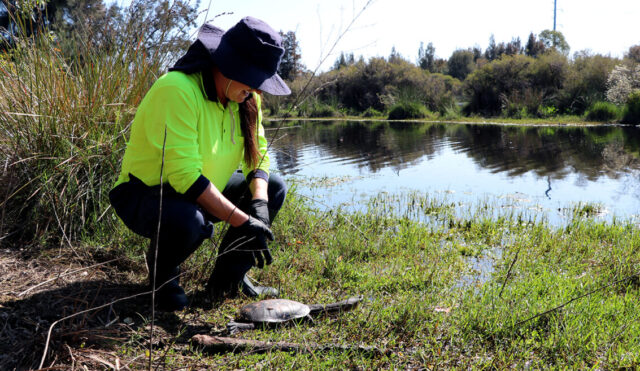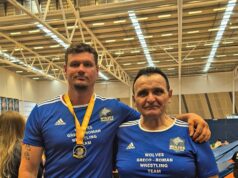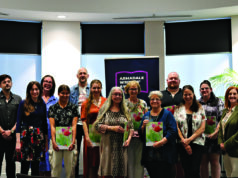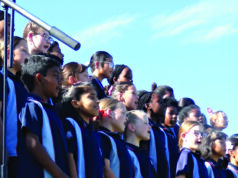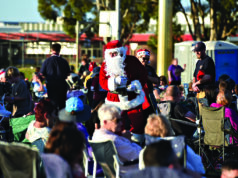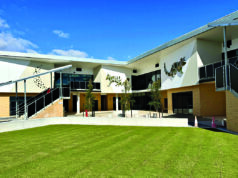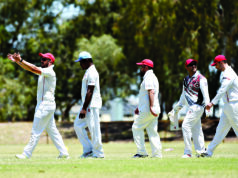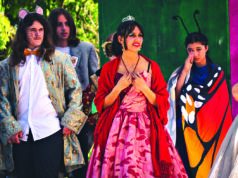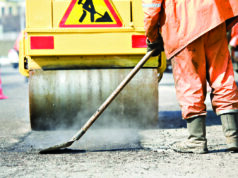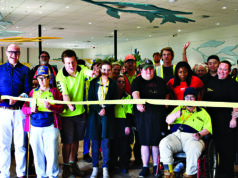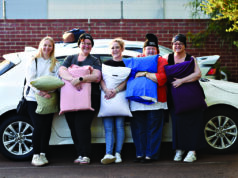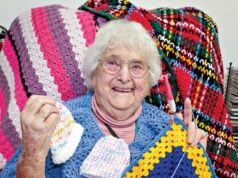Six female South-western Snake-necked Turtles (officially known as Chelodina oblonga), rescued from drying wetlands last summer, have been safely returned to a City of Gosnells wetland.
Rescued by City staff and concerned residents, the turtles were nursed back to good health by volunteers at the Darling Range Wildlife Shelter.
Yasmin Hunter, Clinical and General Manager at Darling Range Wildlife Shelter, said some of the turtles required extensive care to be rehabilitated.
“One of these turtles was a huge, emaciated female who was so floppy the ity staff members who brought her in thought she had died on her way to the shelter,” she said.
“We named her Froggy, and she spent a total of six weeks in Intensive Care, receiving injectable fluids, tube feeding, medications and careful monitoring with no water, as she was too weak to lift her head.
“Froggy and her friends from Thornlie have made amazing progress and are ready to go back to the wild.”
The South-western Snake-necked Turtle is a semi-aquatic species known for its long neck, which it can retract sideways into its shell.
These turtles can inhabit a variety of freshwater habitats, including lakes, rivers and wetlands, and provided there is adequate habitat, food, and water quality, they can also thrive in urban and agricultural settings, such as farm dams and artificial lakes.
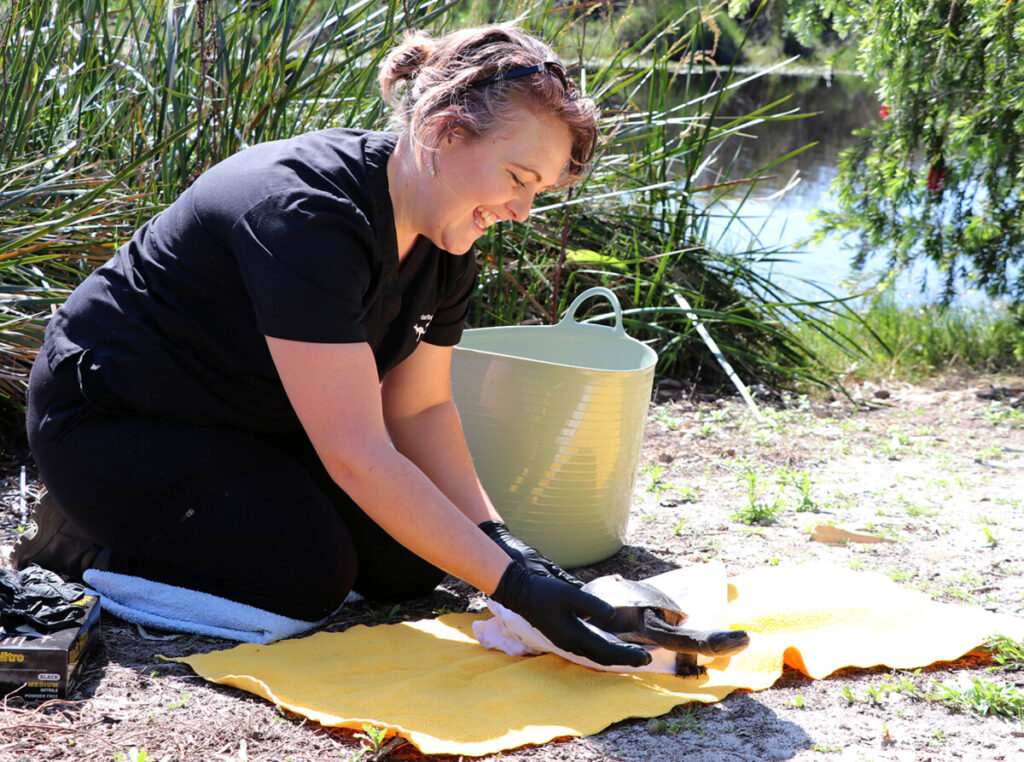
Ms Hunter said South-western Snake-necked Turtles, which are endemic apex predators, are integral to achieving a balanced ecosystem within local aquatic environments.
“It’s extremely important that these adult females return to their wetland habitats so they can hopefully breed successfully and help preserve this beautiful native species for generations to come,” she said.

The Oblonga turtles are currently classified as ‘Near Threatened’ by the International Union for Conservation of Nature, although their status has not been assessed in the past 20 years.
Estimates indicate that turtle numbers are declining, primarily due to threats from cats, dogs, foxes, traffic, fencing barriers, illegal fishing, and shrinking natural habitats.
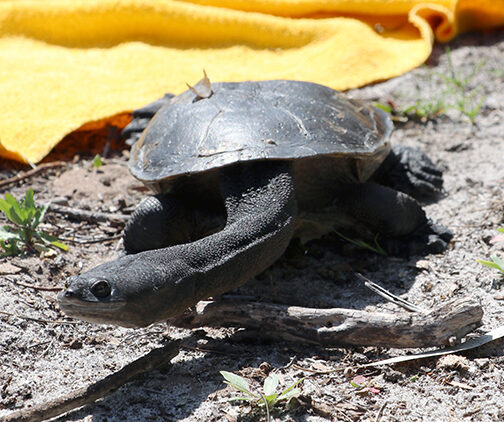
Mayor Terresa Lynes thanked the Darling Range Wildlife Shelter team for their exceptional care and rehabilitation of the turtles, which she helped release back into the wild.
“Apart from being beautiful, they are an important part of our local ecosystem, and I’m honoured I could be here to see them return to the wild,” she said.
“Well done to everyone who played a part in rescuing and rehabilitating these turtles.”
Anyone who comes across injured or sick wildlife in the City of Gosnells should contact Darling Range Wildlife Shelter at 9474 9055.


